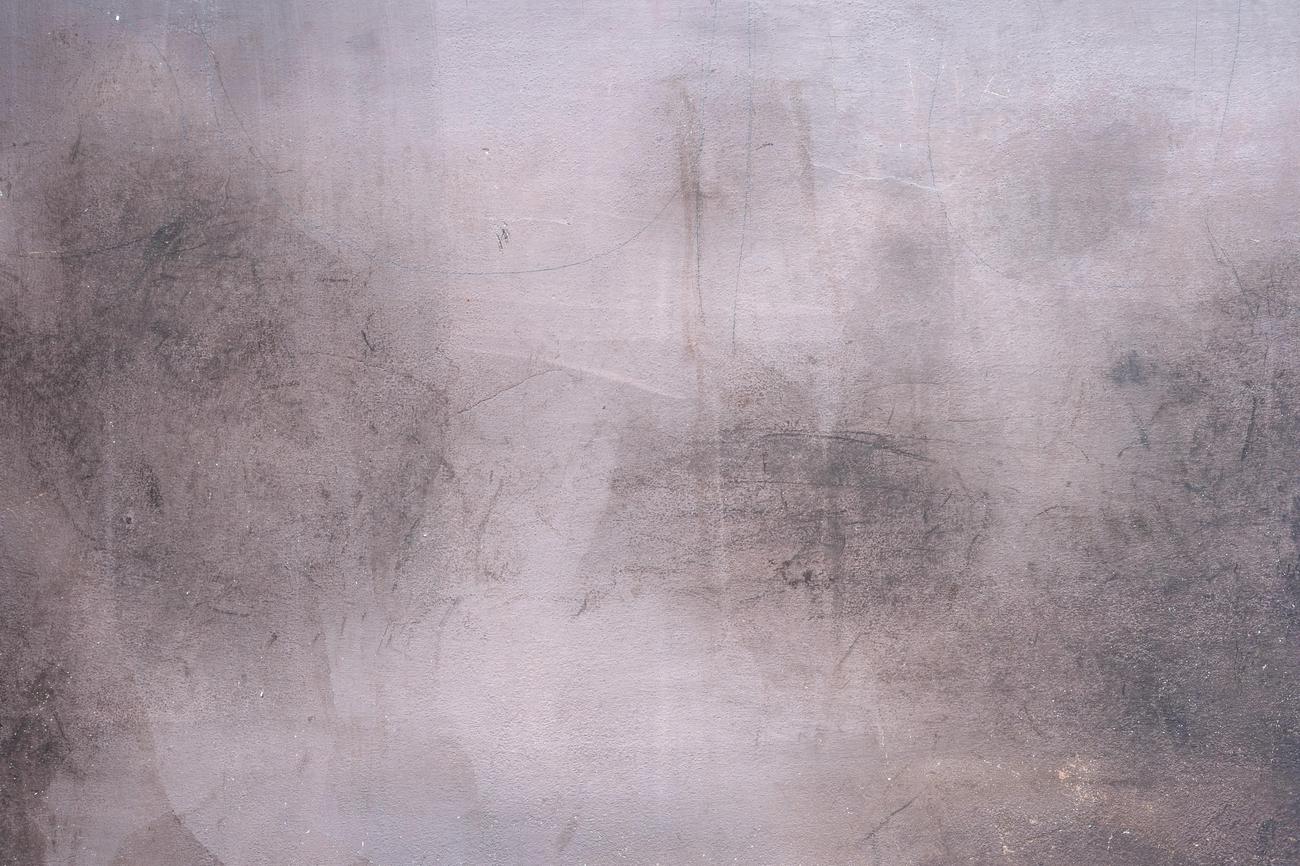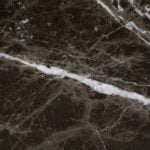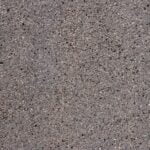Imagine a world beneath our feet, where time and immense pressure have transformed ordinary rocks into mesmerizing works of art. In this captivating realm, granite reigns supreme, with its intricate patterns and astonishing durability. As a seasoned geologist with a profound love for the earth sciences, I invite you to embark on a journey through the enchanting world of granite. In this article, we will explore the unique characteristics that make granite a geological marvel, unraveling its secrets and unveiling the captivating stories hidden within its ancient formations. Brace yourself for a fascinating expedition into the mesmerizing world of granite!

Unique Characteristics of Granite
Granite, a captivating igneous rock, possesses a fascinating array of unique characteristics that make it a subject of immense interest for geologists and rock enthusiasts alike. From its mesmerizing and diverse appearance to its exceptional durability, granite offers a wealth of intriguing properties that set it apart from other rocks found in the Earth’s crust.
Composition and Formation
Granite derives its signature attributes from its carefully balanced composition. Composed primarily of quartz, feldspar, and mica, with trace amounts of other minerals, granite showcases an intricate interplay of colors and textures. The slow cooling and solidification of magma deep beneath the Earth’s surface give rise to this remarkable rock. As the magma gradually crystallizes, its minerals arrange themselves into a coarse-grained, interlocking structure.
Granite’s composition and formation process give it a unique appearance and durability.
Mesmerizing Aesthetics
The beauty of granite lies in its distinctive appearance and the vast range of colors and patterns it exhibits. From rich earthy tones to vibrant hues, granite offers a natural tapestry of captivating shades. The interlocking crystal grains, combined with the presence of different minerals, result in complex color variations that set each granite formation apart.
Every piece of granite is a work of art, showcasing nature’s creative flair in the form of mesmerizing colors and patterns.
Durability and Strength
One of the most remarkable characteristics of granite is its exceptional durability. Renowned for its resistance to weathering, abrasion, and impact, granite stands as a testament to the extraordinary strength of this igneous rock. Due to its high content of silica and alkali metal oxides, granite possesses remarkable hardness, granting it the ability to withstand the test of time. This durability makes granite a popular choice for construction materials, countertops, and various other architectural applications.
Granite’s remarkable strength and resilience make it a reliable and long-lasting choice for a wide range of applications.
Versatility and Practicality
In addition to its aesthetic allure and durability, granite offers versatility and practicality, further enhancing its appeal. Its lack of internal structures or layering allows for easy extraction and carving, making it a favored material for sculptures and monuments. Architects and interior designers also appreciate granite’s versatility, utilizing it as a stylish and durable option for countertops, flooring, and decorative features.
Granite’s versatility makes it an ideal choice for both artistic expression and functional applications, adding a touch of elegance and durability to various spaces.
Pros and Cons of Granite
When exploring the unique characteristics of granite, it’s crucial to consider both its advantages and limitations:
Pros:
– Stunning aesthetic appeal with an extensive range of colors and patterns.
– Exceptional durability and resistance to weathering, abrasion, and impact.
– Versatility in applications, including construction materials and decorative features.
– Suitable for both artistic expression and functional purposes.
Cons:
– Requires professional installation due to its weight and challenging handling.
– May have natural flaws and imperfections.
– Requires regular maintenance to preserve its appearance and longevity.
While granite offers numerous advantages, it’s important to bear in mind its weight, handling considerations, and the need for upkeep.
In conclusion, granite’s unique characteristics make it an object of fascination within the realm of geology. Its composition, stunning aesthetics, exceptional durability, versatility, and practicality contribute to its enduring popularity in various industries and applications. Whether as a captivating piece of architecture or an eye-catching countertop, granite continues to captivate us with its timeless beauty and formidable strength.
Granite, with its stunning aesthetics, exceptional durability, and versatility, continues to enchant us as both a practical and artistic choice for a wide range of applications.
Granite is often thought of as just another type of stone used for countertops and flooring. However, did you know that granite possesses some truly unusual qualities? From its mesmerizing patterns to its incredible durability, granite is a unique material that deserves our attention. If you’re interested in learning more about the unusual qualities of granite, click here.

FAQ
What are the unique characteristics of granite?
Granite is known for its light-colored appearance and visible grains. It has a coarse-grained texture with interlocking crystal grains and a mottled or granular appearance. It comes in a wide range of colors and shades, making it aesthetically diverse.
How is granite formed?
Granite forms from the slow cooling and solidification of magma below Earth’s surface. It is an igneous rock that is common in the continental crust. The high content of silica and alkali metal oxides contribute to its formation process.
Is granite durable?
Yes, granite is a durable rock that is resistant to weathering, abrasion, and impact. Its strength and durability make it suitable for various applications, including construction materials and countertops.
What minerals are found in granite?
Granite is mainly composed of quartz, feldspar, and mica. These minerals make up the majority of its composition, with minor amounts of other minerals present as well.
Where can granite be found?
Granite can be found in igneous intrusions within the continental crust of Earth. It is a widespread rock type that occurs in different parts of the world, showcasing diverse variations in its characteristics and appearance.
- Unlocking TEA Words: Comprehensive Analysis & Lexical Insights - April 29, 2025
- Unlock Sustainable Farming:Achievable Crop Yields Now - April 29, 2025
- Unlock Your Potential: Words With Inspiration for Lasting Success - April 28, 2025
















